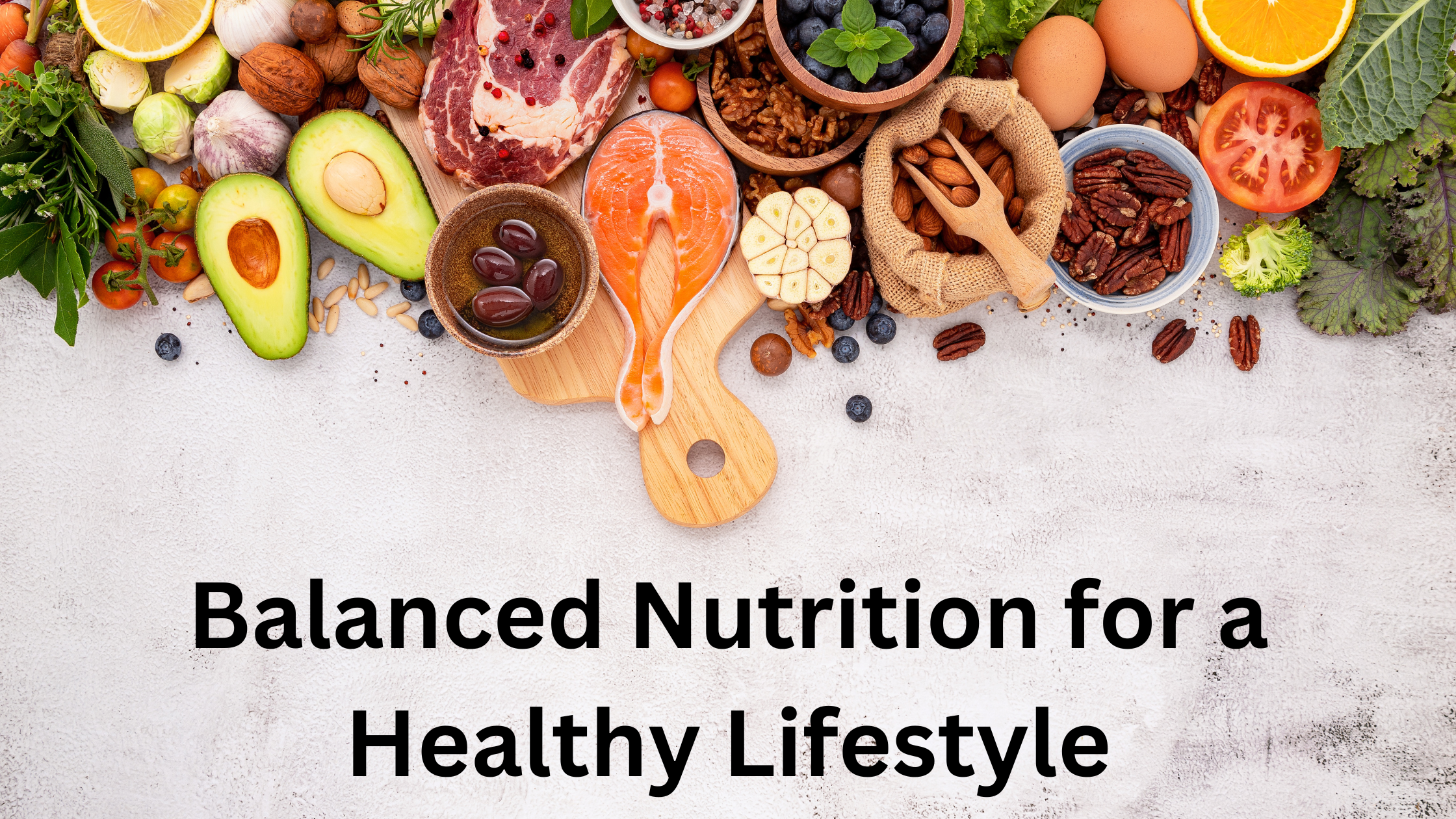Introduction
Balanced nutrition is crucial for maintaining overall health and well-being. It involves consuming the right proportions of essential nutrients to support bodily functions, boost energy levels, and prevent chronic diseases. This blog explores the importance of balanced nutrition, the key nutrients required, and tips for achieving a nutritious diet.
Essential Nutrients for a Balanced Diet
Macronutrients
Proteins: Essential for growth, repair, and maintenance of body tissues. Sources include meat, fish, eggs, legumes, and nuts.
Carbohydrates: The primary source of energy for the body. Choose complex carbs like whole grains, fruits, and vegetables for sustained energy.
Fats: Important for brain health and energy. Focus on healthy fats from avocados, nuts, seeds, and olive oil.
Micronutrients
Vitamins: Vital for various biochemical processes. Key vitamins include A, C, D, E, and B-complex. Found in fruits, vegetables, dairy, and lean meats.
Minerals: Crucial for bone health, nerve function, and muscle contraction. Important minerals include calcium, potassium, and iron. Sources include dairy products, leafy greens, and lean meats.
Water
Staying hydrated is essential for digestion, nutrient absorption, and overall bodily functions. Aim to drink at least 8 glasses of water daily.
Benefits of Balanced Nutrition
Improved Energy Levels
A balanced diet provides the necessary fuel for your body to function efficiently, helping you stay energetic throughout the day.
Enhanced Mental Health
Proper nutrition supports brain function and can improve mood and cognitive abilities. Nutrients like omega-3 fatty acids, found in fish, are particularly beneficial for mental health.
Disease Prevention
A nutritious diet can help prevent chronic diseases such as heart disease, diabetes, and certain cancers. Antioxidants, vitamins, and minerals play a key role in protecting the body from these conditions.
Tips for Achieving Balanced Nutrition
Diverse Food Choices
Incorporate a variety of foods from all food groups to ensure you get a wide range of nutrients. Aim to fill half your plate with fruits and vegetables, one-quarter with lean protein, and one-quarter with whole grains.
Portion Control
Pay attention to portion sizes to avoid overeating and ensure a balanced intake of nutrients. Using smaller plates and bowls can help manage portions better.
Limit Processed Foods
Reduce the consumption of processed and sugary foods, which often lack essential nutrients and contribute to health issues. Focus on whole, unprocessed foods for optimal nutrition.
Regular Meals
Eating regular meals and snacks throughout the day helps maintain energy levels and prevents overeating. Aim for three balanced meals and two healthy snacks each day.
Conclusion
Balanced nutrition is fundamental for a healthy lifestyle. By incorporating a variety of nutrient-rich foods into your diet, you can support your overall health, boost energy levels, and reduce the risk of chronic diseases. Start making informed food choices today to enjoy the long-term benefits of balanced nutrition.
For more tips and information on healthy eating, visit our Healthy Living section.

